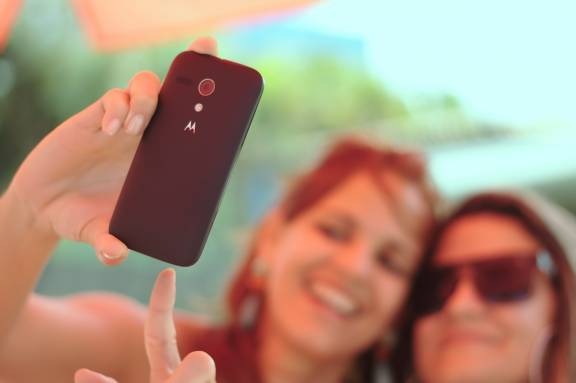Why Is Instagram Hiding Likes?
Instagram may have just changed the game they started. The photo-sharing platform started hiding likes that are usually shown under posts of random users. It doesn't affect every user for now, it's part of their ongoing tests to make Instagram a safer place on the internet, but this could soon become the standard for Instagram.
Likes don't completely disappear – they're just hidden from followers. Users still get to see how many likes each post receives. In fact, visitors can still see who liked a post. In Facebook CEO Mark Zuckerberg's own words: "You can see who liked a photo or video, you can tap through to see [the list], and if you have the time you can add them all up yourself."
Instagram isn't exactly doing away with likes but shifting its priorities now that it's no longer front and centre of each post. But the decision has proven to be a controversial one, especially for influencers and business accounts whose livelihoods depend on the value of these likes. Here is the latest on Instagram's hidden likes.
What's so unsafe about Instagram?
We get the issues with privacy on Facebook and Instagram, but since when were likes a safety issue?
Instagram is out to make the platform safer and healthier for mental health, specifically for younger people. Head of Instagram Adam Mosseri said, "the idea is to depressurise Instagram, make it less of a competition," referring to users' fixation with likes and popularity.
This is part of a bigger push to reduce features that damage the mental health of users. Twitter is among companies exploring whether to put likes and retweets behind a user tap. Big tech companies like Google and Apple have also introduced tools to limit your screen time. Android devices also have time-out options to help control the amount of time spent on phones.
When it comes to toxic competitiveness, Mosseri and co. have a point. Taking the like button away could stop social media from being a popularity contest. Every post seems like a quest for social approval.
Facebook and Instagram pretty much pioneered social media as we know it today – a space where users thrive on attention. You'll often see users post pictures of food with endless hashtags – "#food #foodporn #foodie #instafood #yummy #delicious..." – showing the extent of this fixation with attention. It undoubtedly creates pressure on users to make sure every post is up to scratch.
With likes pushed aside, Instagram hopes users will be able to be more inclusive and authentic. Now, content is at the forefront, not its performance with everyone else.
What is the backlash?
But on the other hand, likes aren't all bad. They reflect public support, which gives credibility to accounts and posts.
Influencers, businesses and those whose livelihoods depend on social media traction are feeling the pressure of this sudden change. Many followers don't necessarily mean many likes, which could serve as a more reliable proxy for public approval or quality.

Then again, the value of likes has dwindled due to bots and buying followers. The change to Instagram may address this oversight in social media, but the fact remains that it would be significantly harder to scout for influencers with authentic engagements.
More than ever, these businesses need to worry about the genuine – what trends and content generate the most buzz. Instead of likes, they need to analyse these through different metrics and indicators. Alternative data like engagement rates, interactions and profile visits already exist. These metrics could provide a more meaningful representation of what content matters to users than likes alone.
Without the pressure of likes, we could also see content creators and businesses getting more creative. But all these changes require research, innovation and changing current practices, which is making these groups panic.
Instagram protecting themselves?
And of course, another perspective is that this is a business move, designed to keep the Instagram boat afloat. Talk of its toxic social environment making its users unhappy could eventually make Instagram an unpopular place. Changing its practices could be key to keeping users for the future, alleviating Facebook's negative backlash in recent years.
Without likes, users can't compare their posts to others anymore, creating less pressure and negativity. You're more likely to stay on the platform if it's a positive space to be.
Keeping likes away from the public also makes Instagram even more powerful. It puts analytics services out of the competition, and Instagram themselves in a sole position to provide such data. We don't know if Instagram will monetize this information, but it's a realistic possibility to a cynic.
Building a positive culture
Big tech may be making steps to make social media a less toxic environment, but regardless of the changes they make, it still starts with the user. We generate the content that affects mental health; this is no different despite Instagram's changes.
With likes out of the spotlight, the quality of the content of the post is what matters most. Consider the message every post sends to an audience. It's a little puzzle piece of the culture we are creating.
